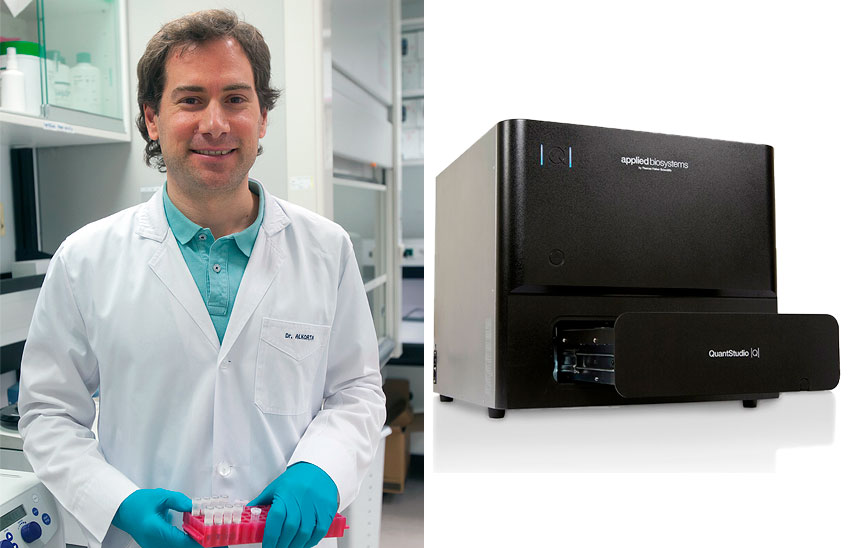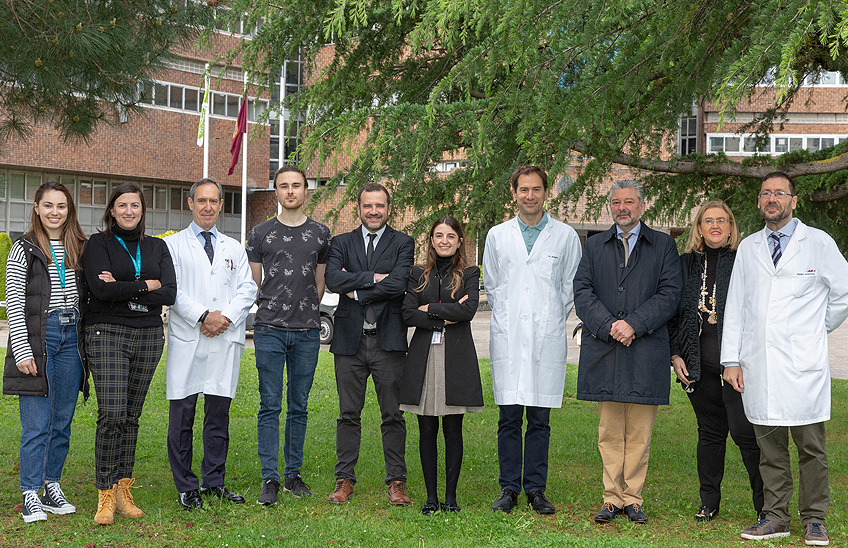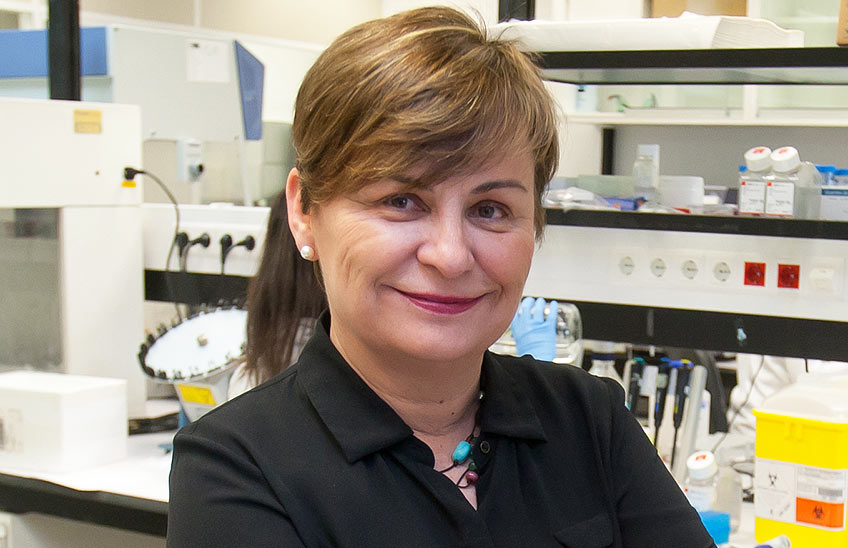Dr Bruno Paiva leads a research on chronic fatigue syndrome.
The laboratory of Flow Cytometry ends this quarter by embarking on a new project on chronic fatigue syndrome.

PhotoManuelCastells/Dr. Bruno Paiva
26 | 11 | 2019
Our scientific co-director, Dr. Bruno Paiva, is the researcher principal investigator of a study graduate "Possible major histocompatibility complex (MHC) deficiency of class II in patients with myalgic encephalomyelitis or chronic fatigue syndrome (ME/CFS)". The initiative for this study came from Manuel Ruiz Pablos, a medical student with CFS, who is also partner of project which is run through The Solve ME/CFS Initiative, a non-profit organisation working to accelerate the finding of effective and safe treatments for CFS patients.
Together with a team of researchers, including Dr. Aintzane Zabaleta (University of Navarra), Dr. Paiva, an expert in cytometry and blood diseases, will study whether inherent defects in the MHC molecules of class II, a specific pathway of the immune system essential for the body's defence, may be causing CFS symptoms.
Chronic fatigue syndrome, or myalgic encephalomyelitis, is a disorder characterised by extreme fatigue. It worsens with physical and mental activity and does not improve with rest. It is more common in men than in women and is accompanied by symptoms such as: hormonal and digestive disorders, generalised pain, muscular problems, insomnia, among others.
If the study confirms that there is an immunodeficiency caused by deficient expression of MHC molecules of class II in CFS patients, a diagnostic protocol using immunological markers could be applied. This would help to link intracellular pathogen infection with this subject immunodeficiency. In addition, CFS patients would be able to access immunotherapy treatments that are currently not indicated and therefore new treatment strategies could be developed.




